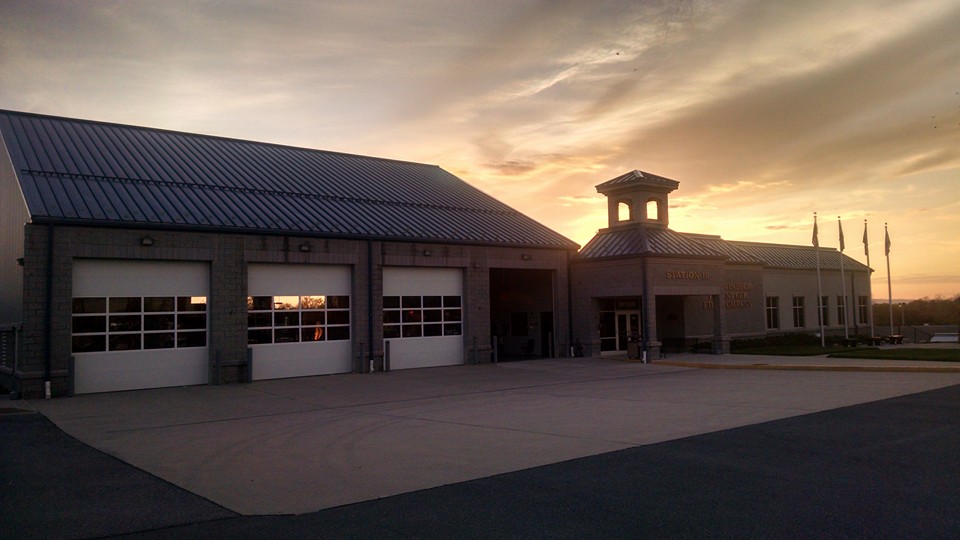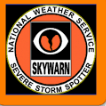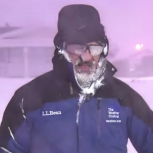-
Posts
19,039 -
Joined
-
Last visited
About Eskimo Joe

Profile Information
-
Four Letter Airport Code For Weather Obs (Such as KDCA)
KGAI
-
Gender
Not Telling
-
Location:
Reisterstown, MD
Recent Profile Visitors
13,855 profile views
-
The soil moisture data at the Waldorf mesonet site perfectly illustrates this point.
-
- 237 replies
-
- 4
-

-
- severe
- thunderstorms
- (and 5 more)
-
Guidance really dried up in the long range.
-
That's like a +15 departure 6 days out. Big heat signal.
-
The 2 inch and 5 inch soil moisture values on our mesonet sites are getting crispy.
-
2024 Mid-Atlantic Garden, Lawn, and Other Green Stuff Thread
Eskimo Joe replied to mattie g's topic in Mid Atlantic
I'm going to go out on a limb and say no late freeze this year. -
Eternal pain.
-
EML gives us wins.
- 237 replies
-
- 1
-

-
- severe
- thunderstorms
- (and 5 more)
-
M0.75" hail Gaithersburg
- 237 replies
-
- severe
- thunderstorms
- (and 5 more)
-
How large?
- 237 replies
-
- severe
- thunderstorms
- (and 5 more)
-
Looks like there maybe a subtle northwest moving boundary on LWX radar. Check out the 0.5° base velocity. If that can juice up those cells coming off WV then we might see some decent hailers coming into the NW suburbs.
- 237 replies
-
- 2
-

-

-
- severe
- thunderstorms
- (and 5 more)
-
Watch coming coming out. Looks like from I-70 south?
- 237 replies
-
- severe
- thunderstorms
- (and 5 more)
-
The terrain out west and the front in Pennsylvania are probably providing enough lift to get storms started. But it's clear they can't sustain themselves closer into the metro.
- 237 replies
-
- severe
- thunderstorms
- (and 5 more)
-
As we move into a more favorable time for severe weather, I'd like to pass along some personal and professional resources for severe weather that I have found useful over the years. First, the professional resources: The Storm Prediction Center's (SPC) Rich Thompson gave a nine part series on tornado forecasting some years ago at the University of Oklahoma. It was recorded and uploaded on YouTube and has significantly expanded my knowledge of tornado forecasting and severe weather in general. Each video is about one hour long. Link: https://youtube.com/playlist?list=PLxeAIQgAiFqvsaAx79xN3gBjc8baIiWMn&si=O2fmocu33d95yGPd You will hear a lot about Elevated Mixing Layer (EML) over the coming months. There is a great research paper regarding the role of EMLs and northeast severe weather. While we are technically in the Mid Atlantic, the underlying fundamentals discussed in the paper are great for improving your knowledge. Link: https://journals.ametsoc.org/view/journals/wefo/25/4/2010waf2222363_1.xml Each year, there are questions about the SPC probabilistic outlooks. This link does a great job cross explaining the outlook and cross walking the percentages and the corresponding categories. Link: https://www.spc.noaa.gov/misc/SPC_probotlk_info.html Here is a great research paper focused on the SPCs probabilistic verification of their outlooks: https://journals.ametsoc.org/view/journals/wefo/33/1/waf-d-17-0104_1.xml Some helpful links for real time observations: Delaware mesonet: https://www.deos.udel.edu/ Maryland mesonet: https://mesonet.umd.edu/ Keystone (Pennsylvania) mesonet: https://keystone-mesonet.org/ Second, some personal observations: There are numerous mesoscale boundaries across the area. They play a unique role in forming and disrupting convection and wreck havoc on forecasting. The wedge always wins, until it doesn't. If we have a steady south-southwest wind, that seems to be better are eroding the wedge quicker. Getting a Day 2 Moderate Risk is a jinx. Events seem to set up further south at the last minute. See June 13, 2013. Day 1 Moderate Risk for DC that ended up in North Carolina. I have found that it is better to be level headed and expect a bust. There are so many small scale features that aren't resolved until 4 to 8 hours prior to the event. Downsloping kills events, but if you have either really cold temps aloft or better yet, a stout EML, then we can all win. Learn to look for these features. During large outbreaks, look to western North Carolina for what's coming our way. That's usually 4 to 6 hours from DC metro. I hope this helps and good luck to everyone this year.
- 237 replies
-
- 6
-

-

-
- severe
- thunderstorms
- (and 5 more)












